- News
-
-
-
-
-
Latest News Articles
- Q&A: TEK and the wildlife profession April 24, 2024
- History may point to a brighter future for Canada lynx April 24, 2024
- New maps expand picture of big-game migrations in the West April 23, 2024
-
-
-
- Wildlife Professional Resources
-
- Our Network
-
- PUBLICATIONS
-
-
Recent Posts
-
 The Wildlife Professional November/December Issue
November 1, 2023
The Wildlife Professional November/December Issue
November 1, 2023
-
-
-
-
-
-
- Wildlife Events
-
-
-
Upcoming Webinars
- No Events
-
-
-
- Who We Are
-
Tag: waterbirds
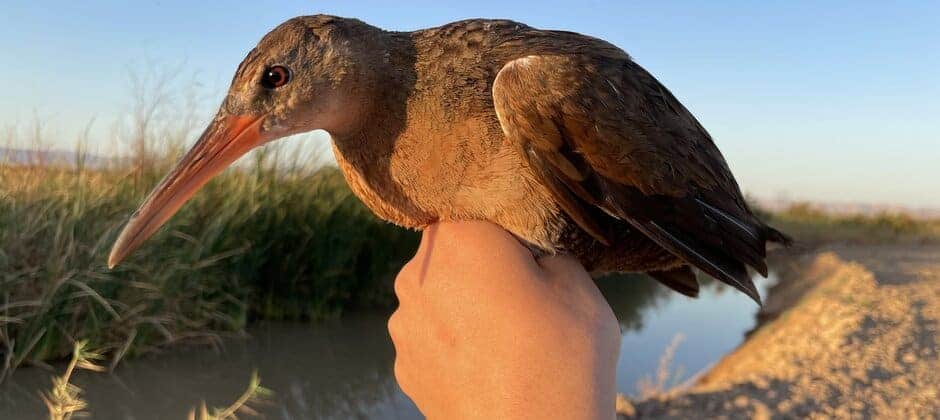
January 13, 2023
TWS2022: Does selenium affect Yuma Ridgway’s rails?
In 1986, the Kesterson Reservoir in central California was closed due to selenium toxicity. Young waterbirds and fish had developed deformed wings, beaks, and eyes. The reservoir was protected within...
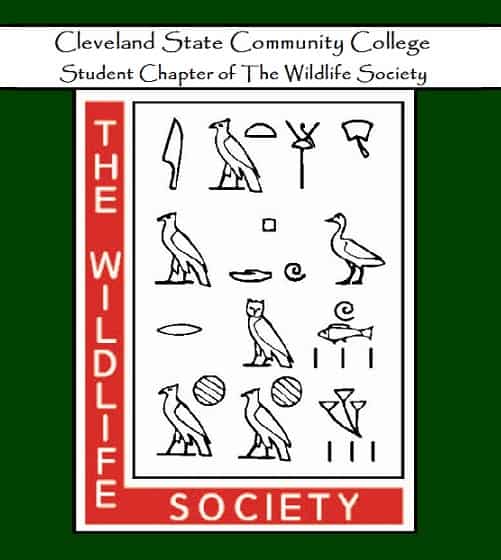
October 31, 2022
Urban wetlands hold diverse wetland species
Urban areas probably aren’t the first places that comes to mind when you think of wetland birds. But a recent study found that around Chicago, even small urban wetlands are...
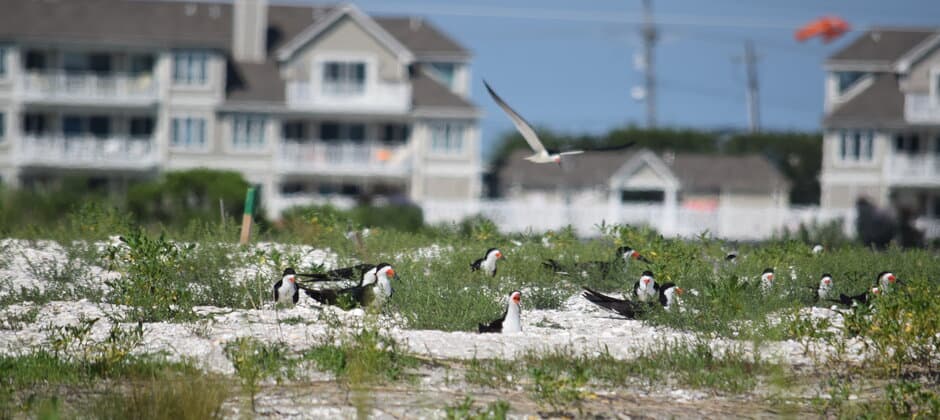
March 7, 2022
TWS2021: Dredged material provides nesting areas for birds
Sediment dredged from the bottom of estuaries to improve shipping passages for boats can be formed into good island nesting habitat for coastal birds like black skimmers. Black skimmers are...
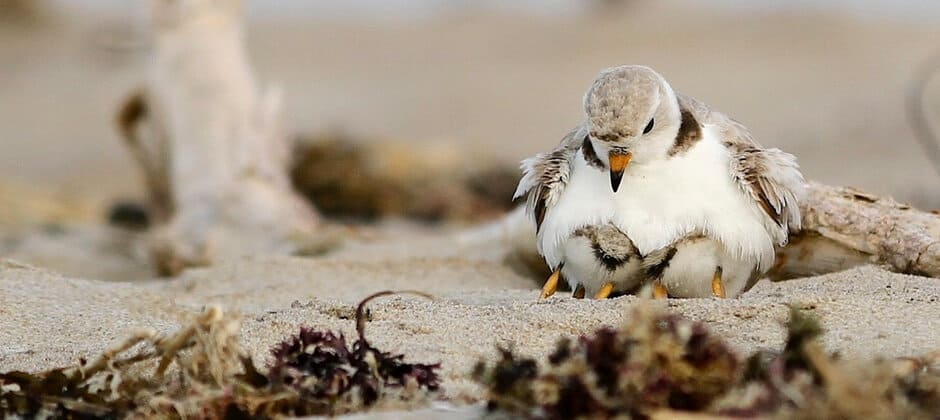
December 14, 2021
Stewardship helps protect coastal birds
Well-stewarded areas afford more protection to Gulf of Mexico and Atlantic coastal birds than those that are left alone, even if they are in national parks or other conservation areas....

August 13, 2021
WSB: Evaluating the needs of breeding grebes in Utah
Every fall, thousands of eared grebes stop along the Great Salt Lake to feed on brine shrimp, which provides nutrients to carry them through a long journey southward to the...
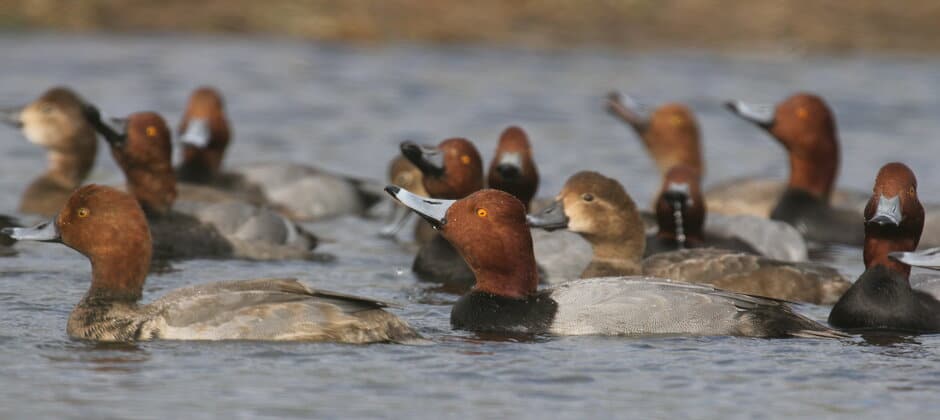
May 6, 2021
JWM: Water management can help redhead duck conservation
Every winter, several hundred thousand redhead ducks descend on the Laguna Madres of southern Texas and northeastern Mexico. Redheads wintering in this area, which represent about 80% of the continental...
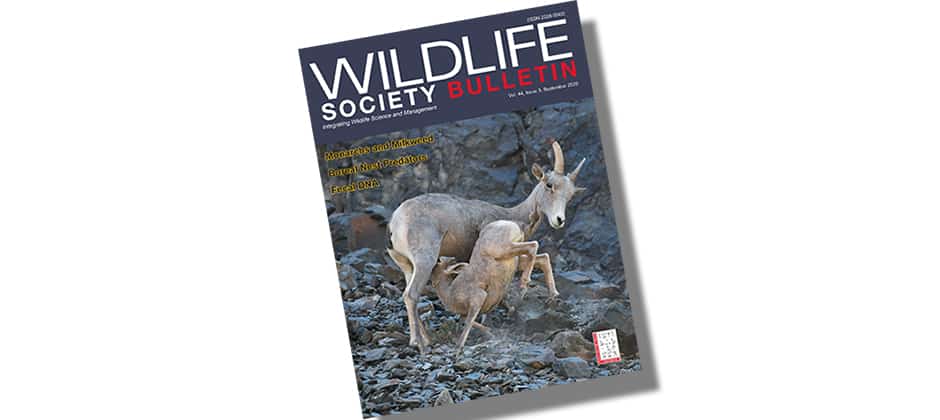
October 15, 2020
The September issue of the Wildlife Society Bulletin
The Wildlife Society Bulletin is a benefit of membership in The Wildlife Society. Published four times annually, it is one of the world’s leading scientific journals covering wildlife science, management...
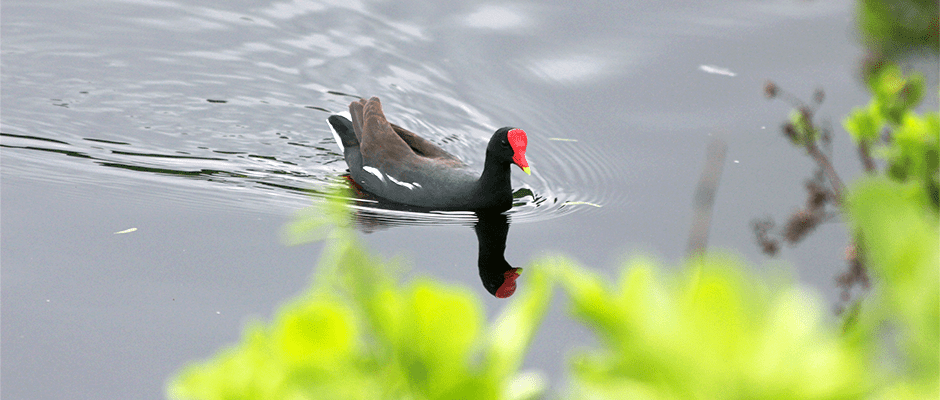
October 29, 2018
Hawaiian gallinules won’t leave home, putting them at risk
Endangered native Hawaiian waterbirds like the Hawaiian gallinule (Gallinula galeata sandvicensis) and the Hawaiian coot (Fulica alai) have benefited from habitat on national wildlife refuges and other protected wetlands, ultimately...
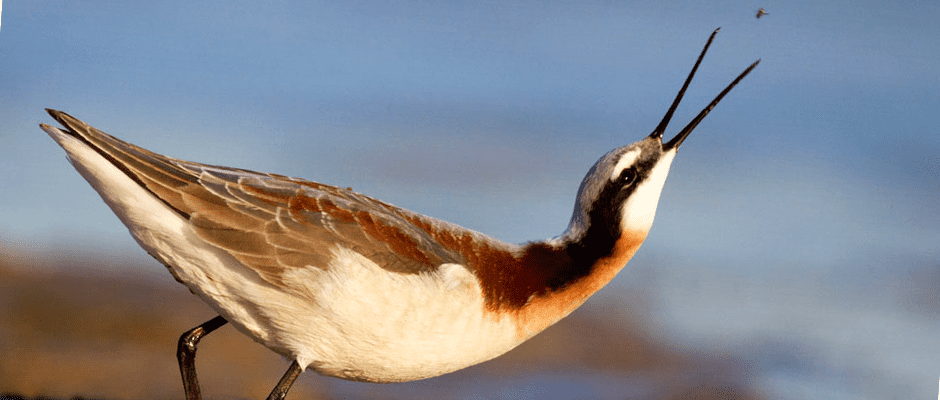
April 24, 2018
As lake level drops and salinity climbs, waterbirds vanish
Like many saline lakes in the western United States, water levels in Oregon’s Lake Abert are decreasing due to water diversions for agricultural operations, drought and climate change. Researchers recently...

January 3, 2018
Political instability main factor in waterbird conservation
Even more than climate change, human population growth or their own species characteristics, waterbird species across the globe seem to be declining mostly from political instability and weak governance, according...

